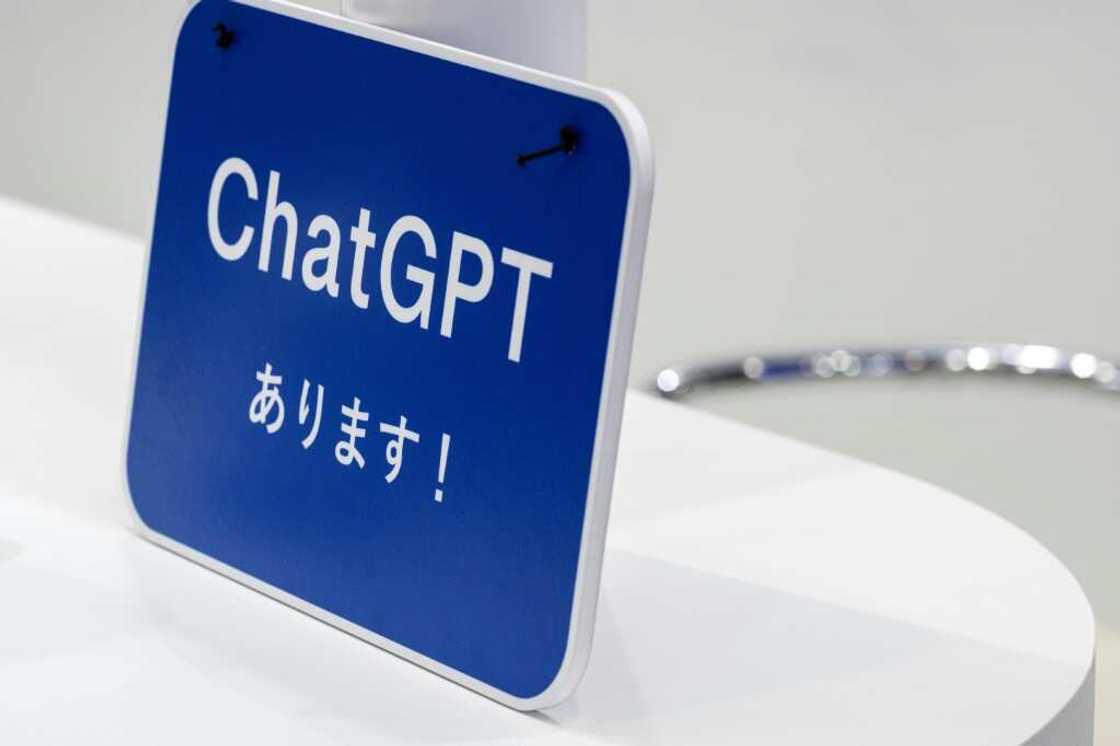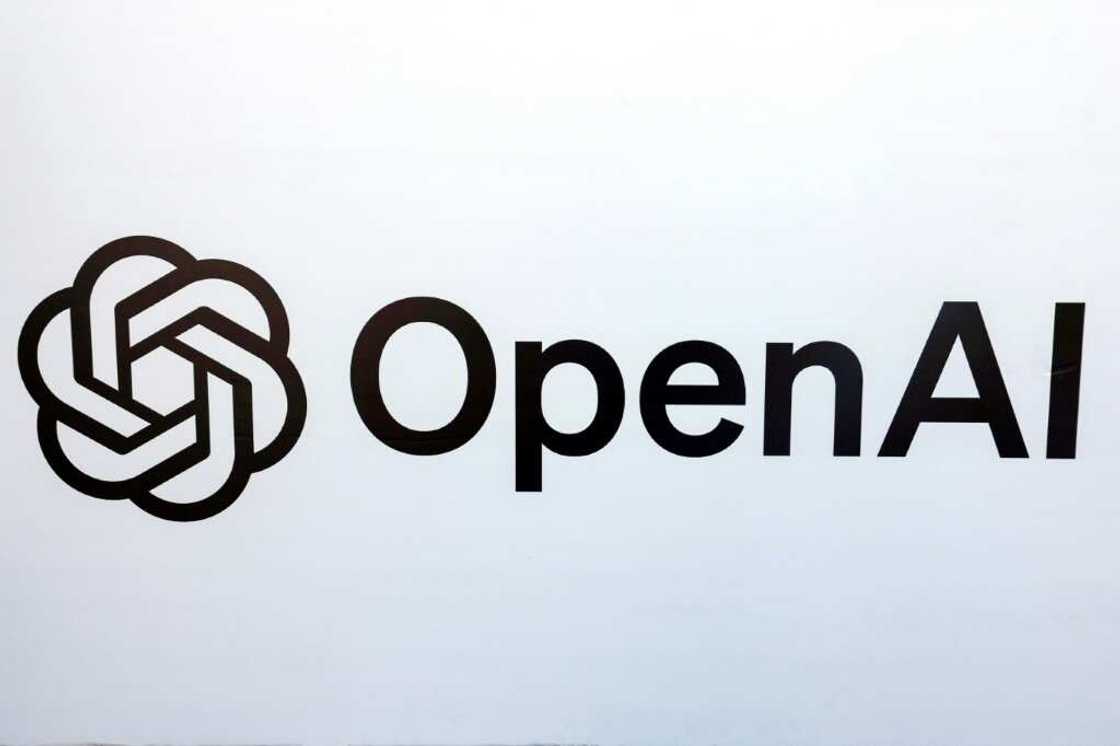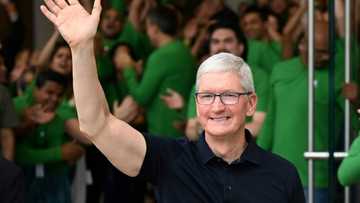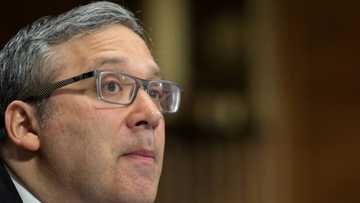EU wants to 'clearly label' AI-generated online content

Source: AFP
The European Commission wants big online platforms to "clearly label" content -- words, images and audio -- that has been created by artificial intelligence, one of its vice presidents said Monday.
Vera Jourova, who is EU commissioner for transparency, told journalists she had asked the 44 companies and organisations signed on to the bloc's voluntary code of practice to fight disinformation to adhere to a new "track" in the pact to apply such labelling.
"Signatories who integrate generative AI into their services, like Bing Chat for Microsoft and Bard for Google should build in necessary safeguards so that these services cannot be used by malicious actors to generate disinformation," she said.
She added that companies "who have services with a potential to disseminate AI-generated disinformation should in turn put in place technology to recognise such content and clearly label this to users".
Microsoft and Google follow the EU's code of practice, as do TikTok, Google's YouTube platform, and Facebook owner Meta.
Twitter, which has dramatically cut its staff since billionaire Elon Musk bought it, announced last month it was withdrawing from the code.
PAY ATTENTION: Share your outstanding story with our editors! Please reach us through info@corp.legit.ng!
While voluntary, aspects of the code on disinformation will be hardened into law when the European Union's new Digital Services Act comes into force on August 25.
Since the chatbot ChatGPT burst onto the public stage late last year, generative AI content has mushroomed.
Realistic but fake images of the pope in a high-fashion puffer jacket and former US president Donald Trump being arrested have been produced.
So have deep-fake videos of Tom Cruise, and music tracks sounding almost identical to pop stars Drake and The Beatles.
Industry observers expect AI to make inroads into interactive customer relations by telephone and computer, simulating famous actors in movies and commercials, teaching languages, and more besides.
Jourova said she wanted the code-abiding companies to "immediately" put AI-labelling in place so that "a normal user will clearly see that this is not the text or the visual produced, developed, created by real people -- that this is the robot speaking".

Source: AFP
The European Union is currently working up draft legislation to regulate AI which will have specific added obligations when it comes to generative AI, but negotiations are dragging out between EU lawmakers and the bloc's member governments.
If it manages to have the law adopted by the end of this year, it would come into force in late 2025 "at the earliest," according to EU internal market commissioner Thierry Breton.
Source: AFP




